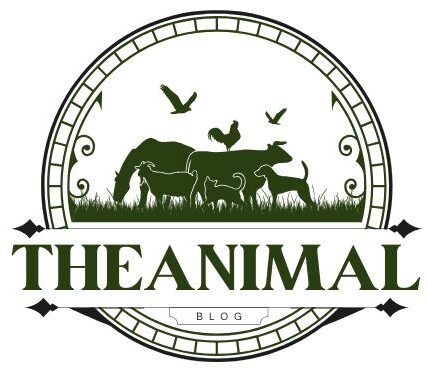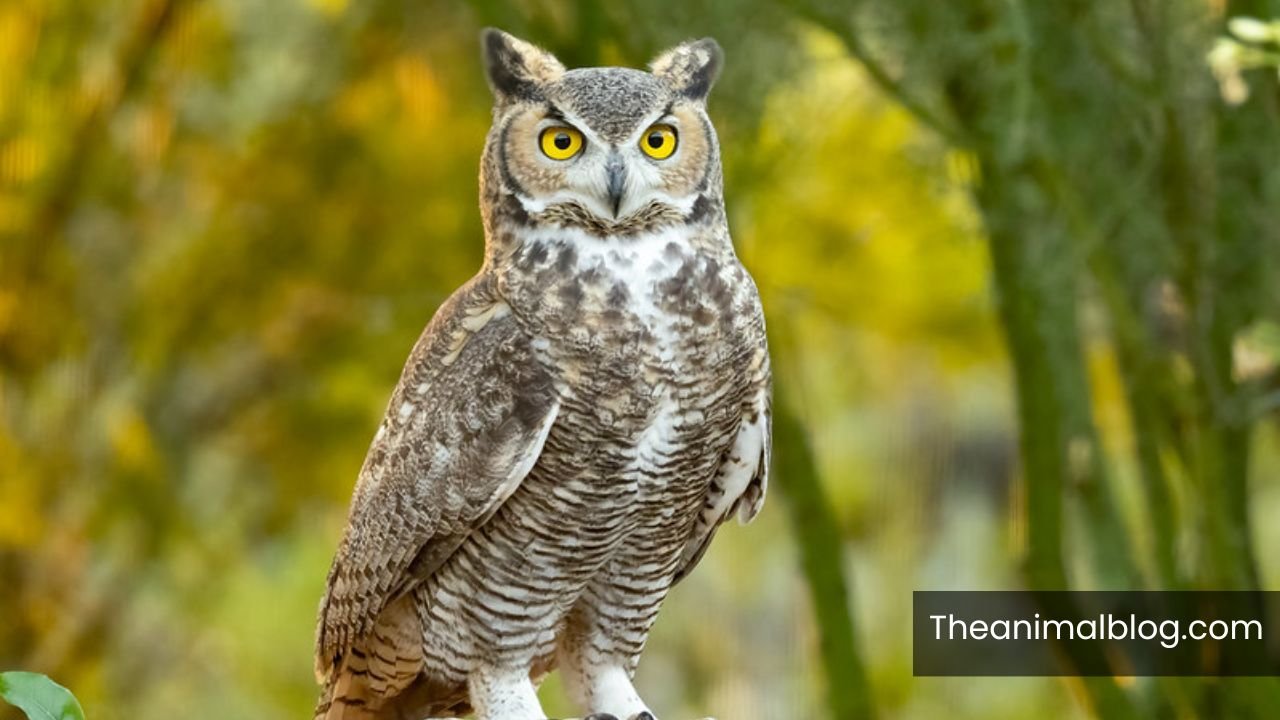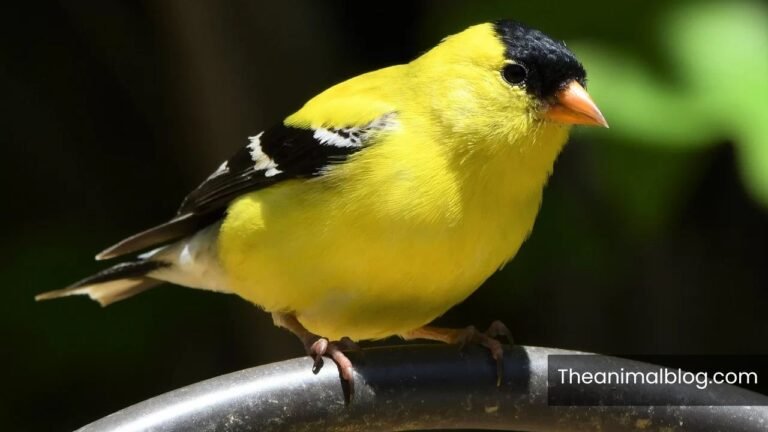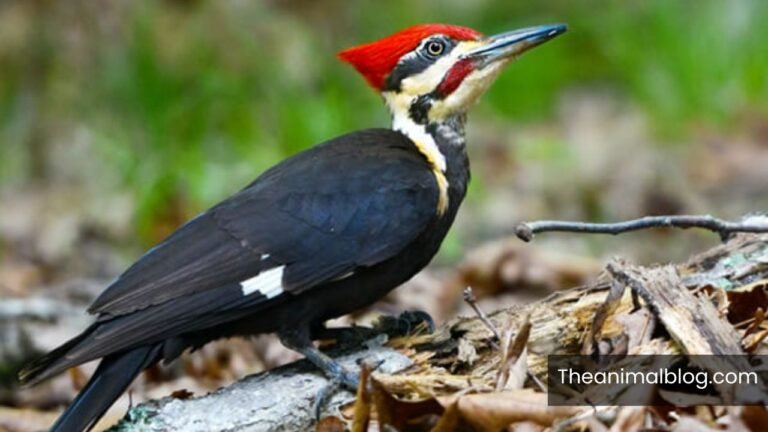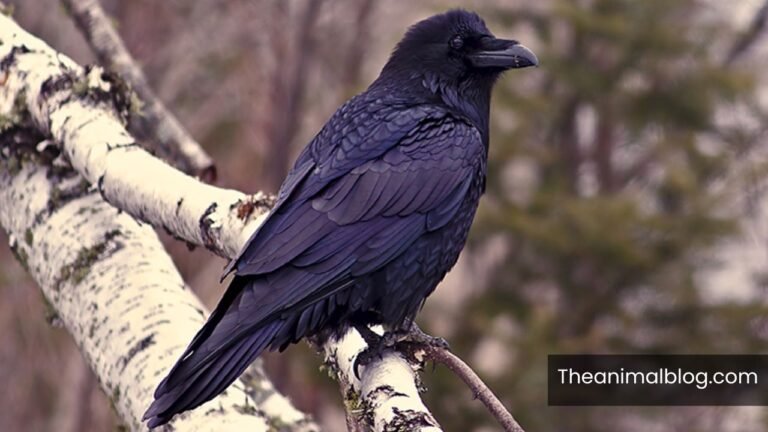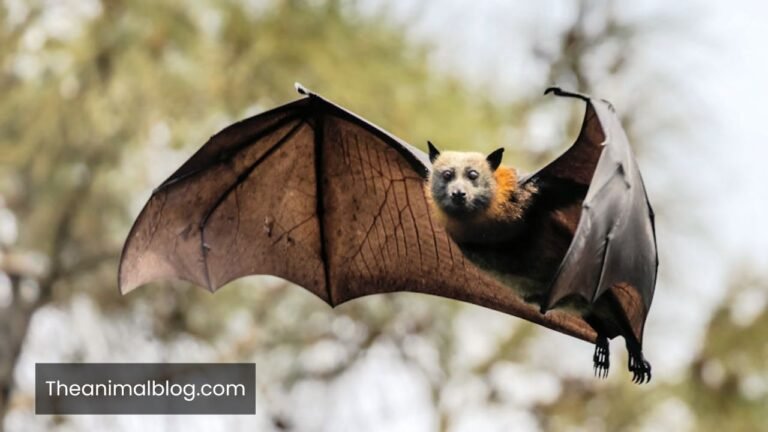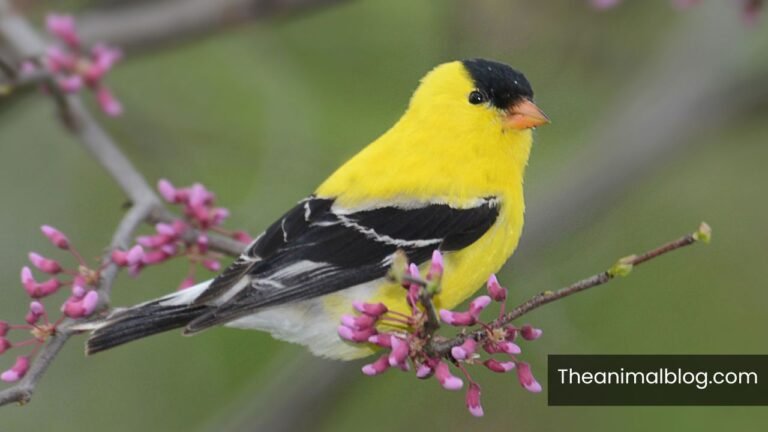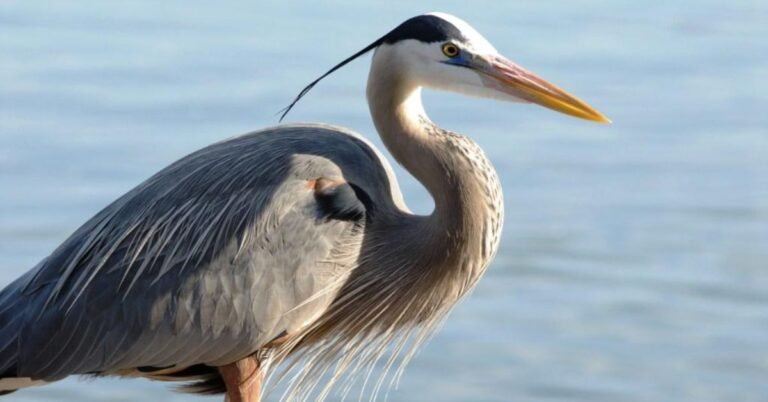Dead Owl Symbolism: It’s Meaning, History & Spirit (With Pictures)
In this article, we will delve into the rich tapestry of Dead Owl Symbolism, exploring its historical significance, profound meanings, and spiritual implications. Understanding these symbols can provide valuable insights into our own lives, guiding us through transitions and challenges. By the end of this exploration, you will gain a deeper appreciation for the lessons that the owl, even in death, has to offer.
Introduction About Dead Owl Symbolism
The symbolism of a dead owl often elicits a mix of fascination and reverence, as these majestic creatures are traditionally seen as symbols of wisdom and mystery. When one encounters the lifeless form of an owl, it invites deeper reflection on themes of transformation and the cyclical nature of life.
This poignant reminder of mortality serves as a catalyst for personal introspection, urging individuals to confront their fears, embrace change, and seek enlightenment from the experiences that surround them.
Wisdom and Knowledge
The symbolism of the owl, transcends mere folklore; it embodies a deeper connection to the mysteries of the universe. In many cultures, the owl is revered as a guardian of the night, offering clarity in darkness and illuminating paths hidden from plain sight.
When we encounter the image of a dead owl, it serves as a poignant reminder that wisdom is not solely about accumulation but also about understanding the cycle of life and death.
Bad Omen
The symbolism of a dead owl often evokes feelings of foreboding, as these majestic creatures are typically associated with wisdom, mystery, and the transition between life and death. When an owl, revered for its keen perception and nocturnal prowess, appears lifeless, it can serve as a powerful omen.
Many cultures interpret this phenomenon as a harbinger of change or impending misfortune, suggesting that something once shrouded in darkness is about to be revealed.
Transformation
The symbolism of the dead owl resonates deeply with themes of transformation and rebirth, acting as a poignant reminder of life’s cyclical nature. Owls, often associated with wisdom and intuition, embody the duality of existence; their death can heralds the emergence of new beginnings.
A Brief History of Owl Symbolism
Throughout history, owls have captivated human imagination, often serving as symbols of wisdom and knowledge. Ancient Greek mythology enshrined the owl as a sacred creature of Athena, the goddess of wisdom, associating its nocturnal nature with insight that transcends the ordinary. This perspective highlights the owl’s unique ability to see in the dark. Many indigenous cultures viewed the owl as a harbinger of change, reflecting its role as a messenger between the physical and spiritual realms.

The duality of owl symbolism persists across various cultures; while some revere them as protectors and guides, others associate them with death and misfortune. This ambivalence invites us to consider how our perceptions are shaped by context and belief systems.
In Japanese folklore, the owl is seen as a bringer of good fortune, embodying the idea that wisdom leads to prosperity. Thus, the owl transcends mere symbolism, inviting us to explore deeper philosophical questions about knowledge, fear, and the mysteries of life itself.
Cross-Cultural Meanings of a Dead Owl
The symbolism of a dead owl transcends mere superstition, evoking a complex tapestry of meanings that reflect humanity’s intricate relationship with death and the unknown. In some Native American traditions, the owl is seen as a messenger between worlds, and its death can signify a profound transition.
In ancient Greek mythology, the owl was associated with Athena, the goddess of wisdom; thus, a deceased owl might be interpreted as a loss of insight or a call to seek deeper knowledge in the face of adversity.
Certain African cultures view the dead owl as an omen, embodying the lingering presence of ancestors or spirits who wish to communicate. This perspective invites reflection on how societies grapple with the idea of legacy and memory. By examining these cross-cultural interpretations, we gain insights into different belief systems and also a shared understanding of our human experience.
Dead Owl Omens: Specific Meanings
The sighting of a dead owl can evoke a flurry of emotions, often leading to interpretations steeped in superstition and folklore. Owls are revered as symbols of wisdom and transition; thus, encountering one that has passed can signify an impending change or transformation in the observer’s life. It can represent the shedding of old beliefs or habits, making way for personal growth and enlightenment. The presence of a dead owl could be a powerful reminder to embrace necessary endings in order to foster new beginnings.

The specifics of a dead owl’s appearance can deepen its omens. If the owl appears with its wings outstretched, it may suggest a need for the observer to take bold action or to expand their horizons. A lifeless owl with its head bowed might indicate a period of introspection is necessary, urging individuals to look inward and confront unresolved issues.
This nuanced symbolism invites us to reflect on our own lives and the transitions we face, encouraging us to find meaning in both life and death. Engaging with such omens can illuminate paths previously obscured by fear or uncertainty.
More Post: The Spiritual Meaning of Crows Cawing at You
The Owl as a Spirit Animal Guide
The owl serves as a profound spirit animal guide that invites us to delve deeper into the mysteries of our inner selves. When the owl appears in your life, it may be urging you to trust your instincts and embrace your inner voice.
This nocturnal creature embodies the ability to see beyond the surface. It encourages you to explore hidden truths and uncover what lies beneath the shadows. The owl’s keen sight represents clarity in perception, reminding us that true understanding often comes from looking beyond the obvious.
The owl is also associated with transformation and change. It encourages us to embrace periods of transition, suggesting that the dark times we face can lead to personal evolution. Just as an owl silently glides through the night, it teaches us the art of moving gracefully through our own challenges.
When you connect with this spirit animal, consider how its presence might be prompting you to confront fears or embark on new journeys, illuminating paths you never thought possible. Allow the owl’s wisdom to inspire courage and clarity as you navigate the complexities of your life.
The Dead Owl as a Dream Symbol
The dead owl can evoke profound reflections in the realm of dreams. Owls symbolize wisdom and intuition, encountering a deceased owl in a dream may signal the end of a chapter in your life. This imagery prompts a deep introspection, inviting dreamers to consider what knowledge or insights have been lost or ignored, and what lessons must be acknowledged to move forward.
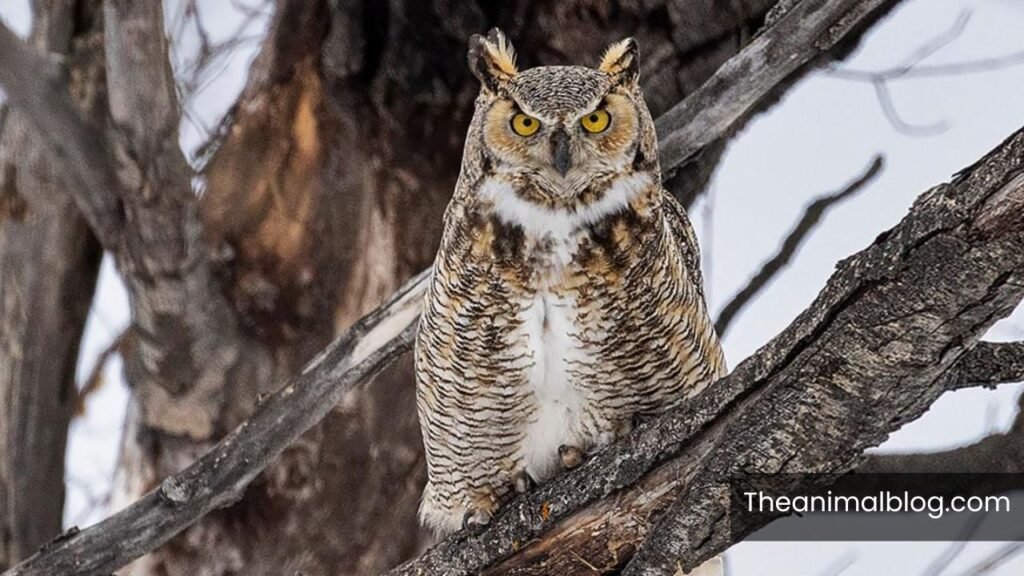
The dead owl can represent an awakening to hidden fears or unresolved issues. Unlike the traditional interpretations of owls as guides through the night, this symbol challenges you to face your shadows directly. It nudges you to explore what parts of yourself are stagnant or unacknowledged.
You can unlock a new level of awareness, leading to personal growth and renewal by confronting these elements. The dead owl serves not merely as a reminder of mortality but as a catalyst for transformation, encouraging you to embrace the cycles of life and death that shape our experiences.
A Winged Messenger
The sight of a dead owl evokes a complex tapestry of emotions and interpretations. It transforms this somber moment into a profound encounter with nature. Owls revered as symbols of wisdom and guardians of the night, carry an air of mystery that transcends their physical presence.
When one encounters a deceased owl, reminding us that even the most enigmatic creatures are not immune to mortality. This stark reality can serve as a poignant reminder to cherish our fleeting moments and the lessons they impart.
The symbolism of the owl extends beyond its living form. Owls are viewed as messengers between realms, bridging the gap between the known and the unknown. The death of an owl may symbolize an urgent call to awaken our intuition or heed warnings from the universe.
The dead owl becomes a lifeless body; it transforms into a catalyst for introspection and exploration, urging us to embrace our own journeys with greater awareness.
Final Words
The dead owl serves as a powerful symbol that resonates across different cultures. It invites contemplation on themes such as transformation, intuition, and the cycle of life. By exploring the historical and spiritual meanings associated with the dead owl, you can better appreciate its role as a guide in our lives. Whether viewed through a lens of folklore or personal experience, the dead owl challenges us to look beyond the surface and seek understanding.
Read More : Explore Otter Symbolism & Spiritual Meaning | Spirit & Power Animal
FAQs
What is dead owl symbolism meaning?
Dead owl symbolism represents a transition or change. Owls are seen as messengers from the spiritual realm, and a dead owl can signify the end of a cycle or the need to let go of something that no longer serves you. Owls are associated with wisdom and insight. The presence of a dead owl could suggest that there are lessons to be learned from past experiences.
What does a dead owl under tree symbolize?
A dead owl under a tree can symbolize various things depending on cultural beliefs and personal interpretations. Owls are often seen as symbols of wisdom, intuition, and insight due to their nocturnal nature and keen hunting skills. It could signify that an important lesson has been overlooked or that one needs to pay closer attention to their surroundings and inner wisdom.
